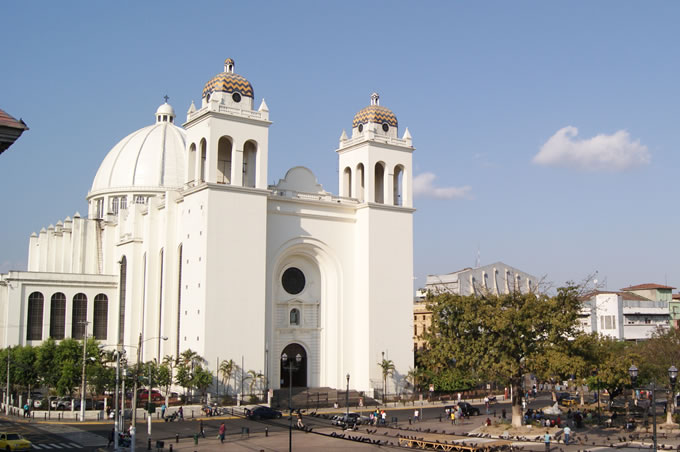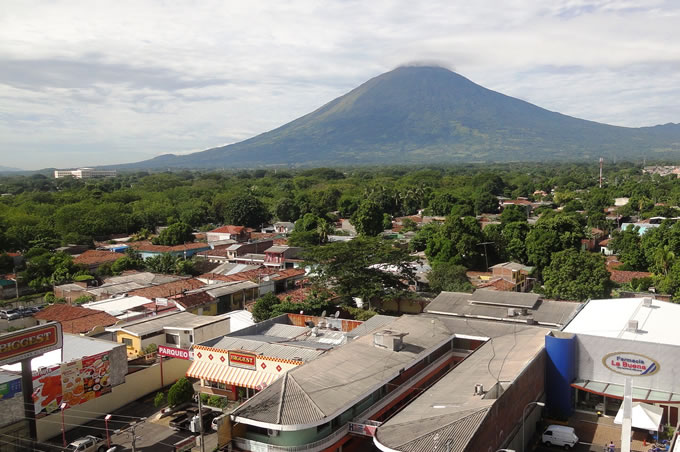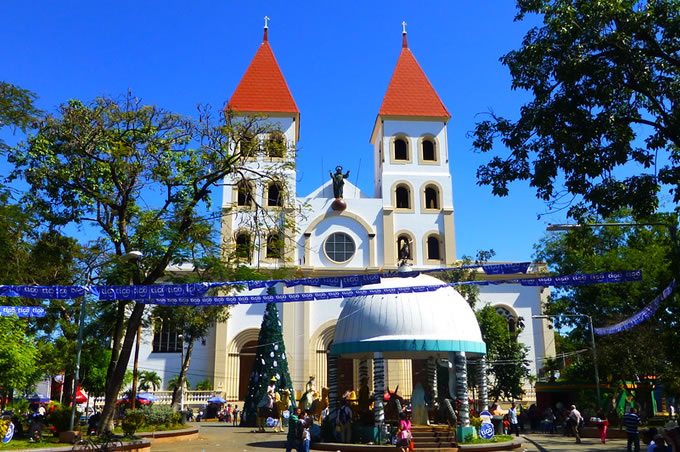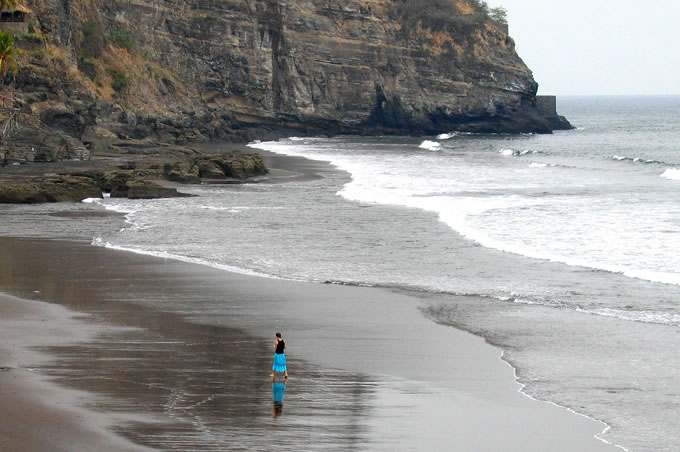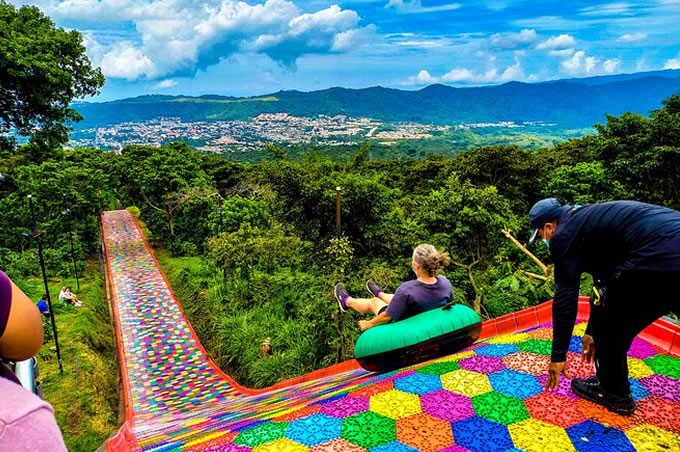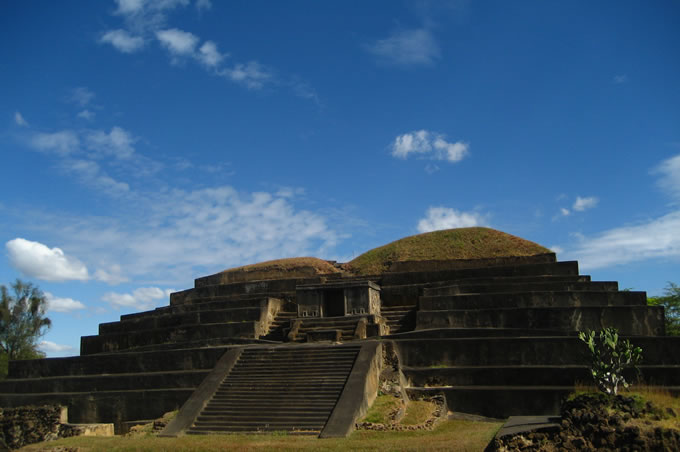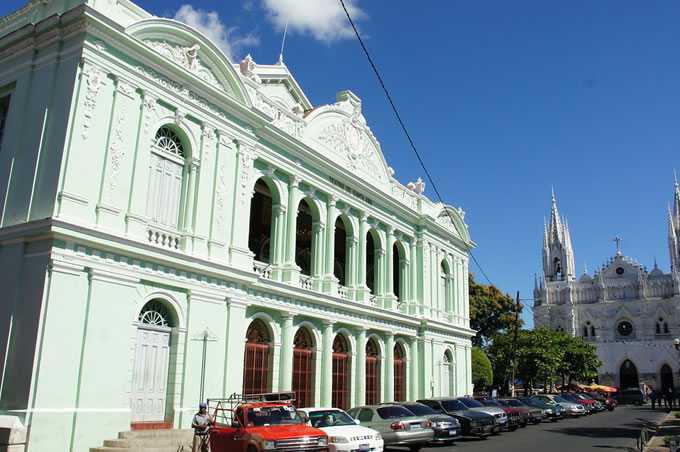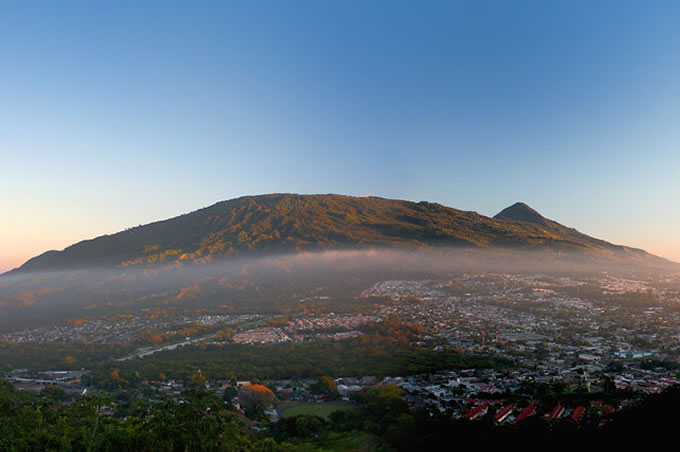San Salvador
Is the capital of the Republic of El Salvador and its largest city. It is the center of El Salvador’s trade and communications. Beer, tobacco products, clothing, textiles, and soap are produced there. Built on the volcanic slope that parallels the Pacific coast (nearby is San Salvador volcano, 6,211 ft/1,893 m).
As the nation’s capital, the city hosts the headquarters of the Government and the Council of Ministers of El Salvador, Legislative Assembly, Supreme Court; and other institutions and Government agencies, as well as the official residence of the President of the Republic. It is the largest city in the country from the economic point of view, seat of major industries and service companies of El Salvador. It is also the seat of the Catholic Archdiocese.
Santa Ana
It is the second largest city in El Salvador, located 64 kilometers west of San Salvador, the capital city. Santa Ana has approximately 523,655 (2019) inhabitants and serves both as the capital of the department of Santa Ana and as the municipal seat for the surrounding municipality of the same name. For its administration the municipality divides in 35 corners and 318 small villages.
San Miguel
Is the third most important and populous city in El Salvador. It is also the capital of the department of the same name. The population of the city in (2019) was 434,003 inhabitants. The city is an important center for the coffee, textile, and chemical industry of El Salvador. The Volcano Chaparrastique of San Miguel (2,129 meters) is nearby.

